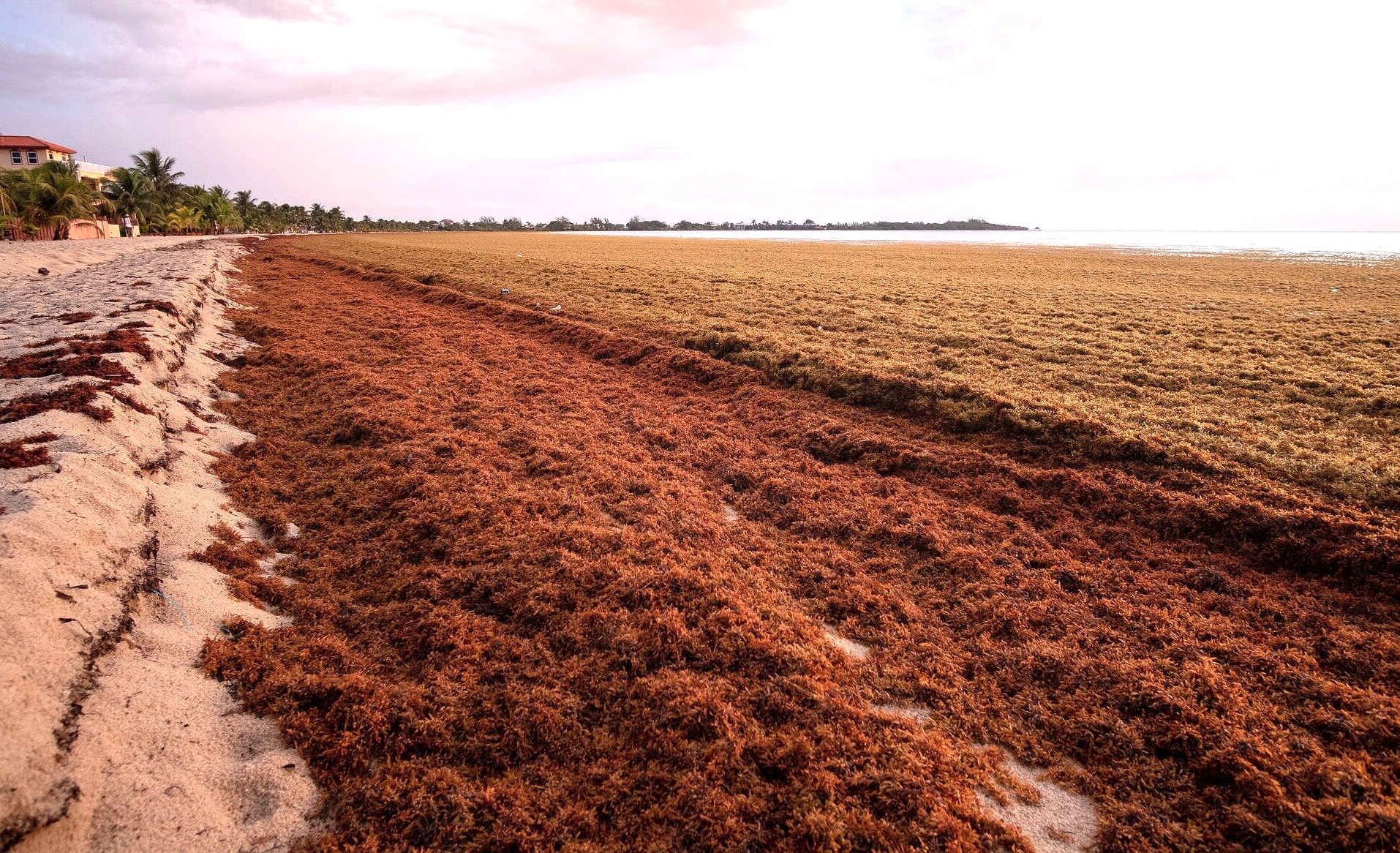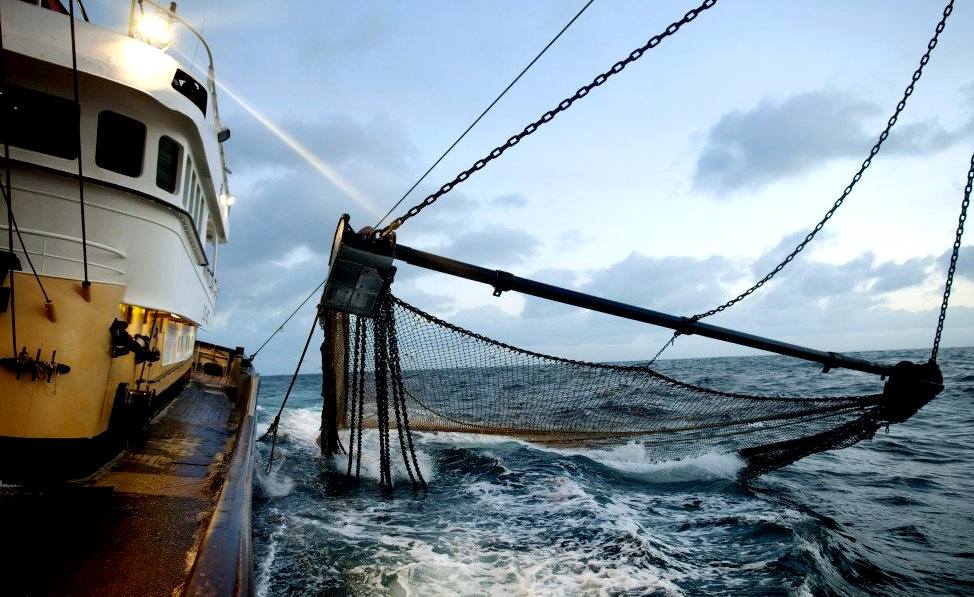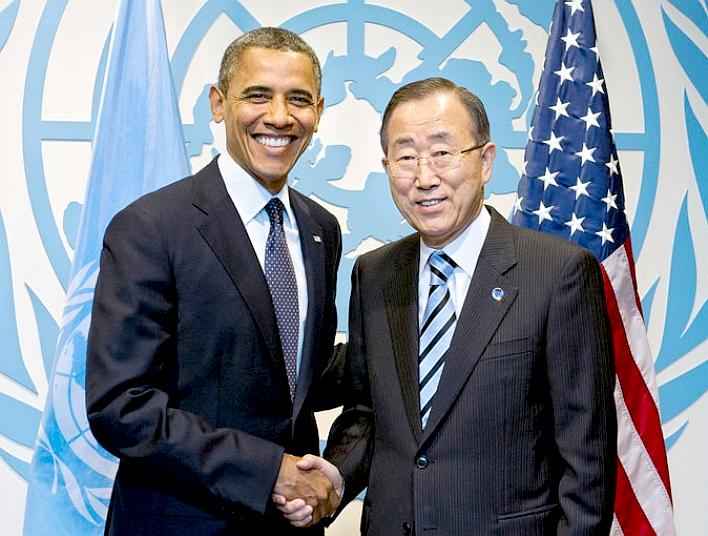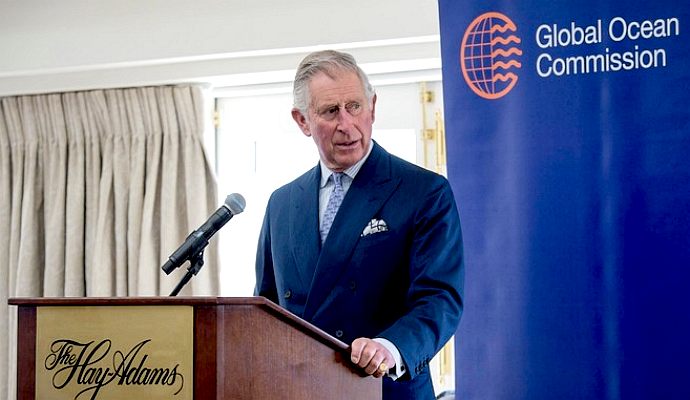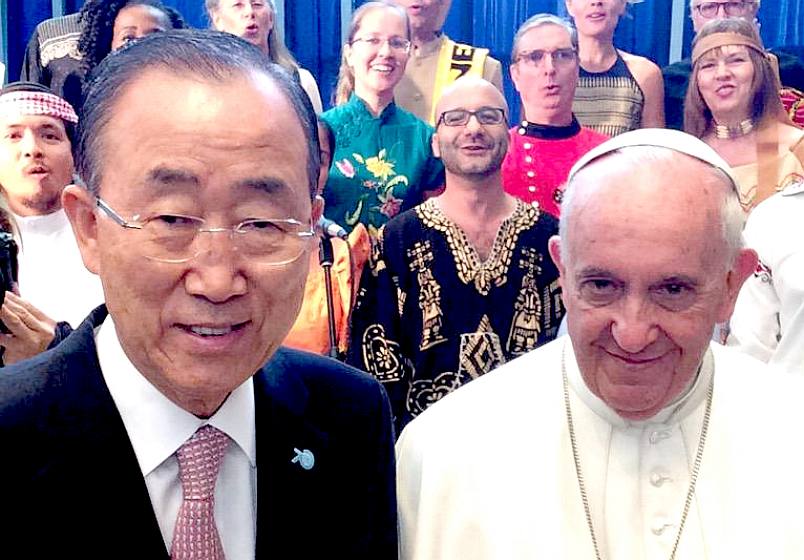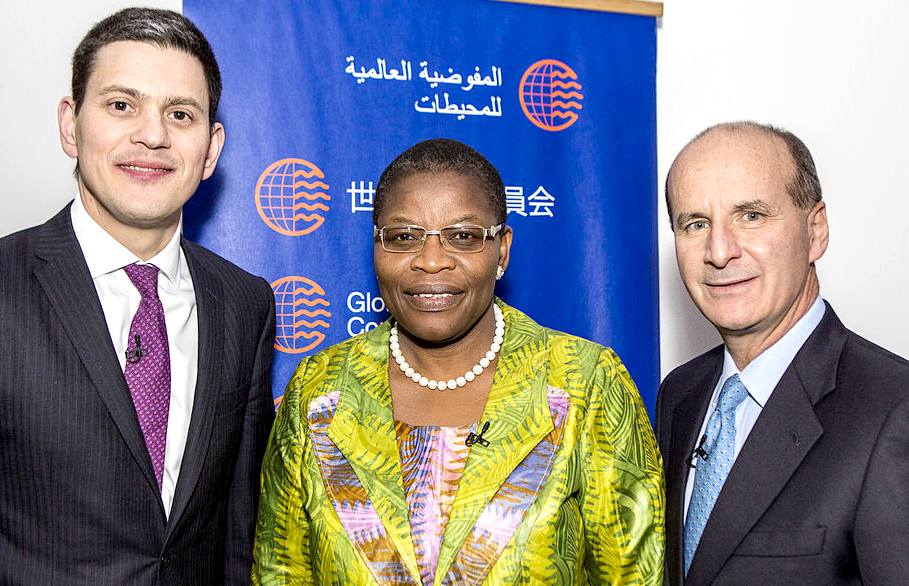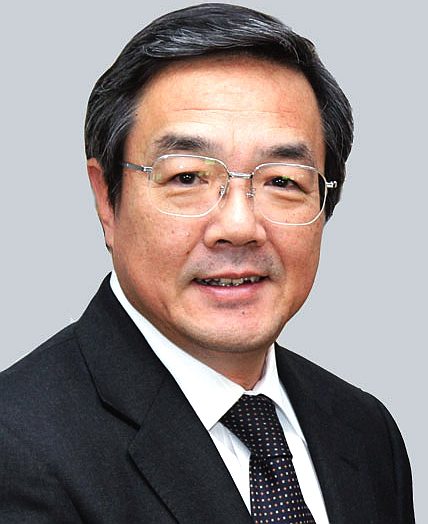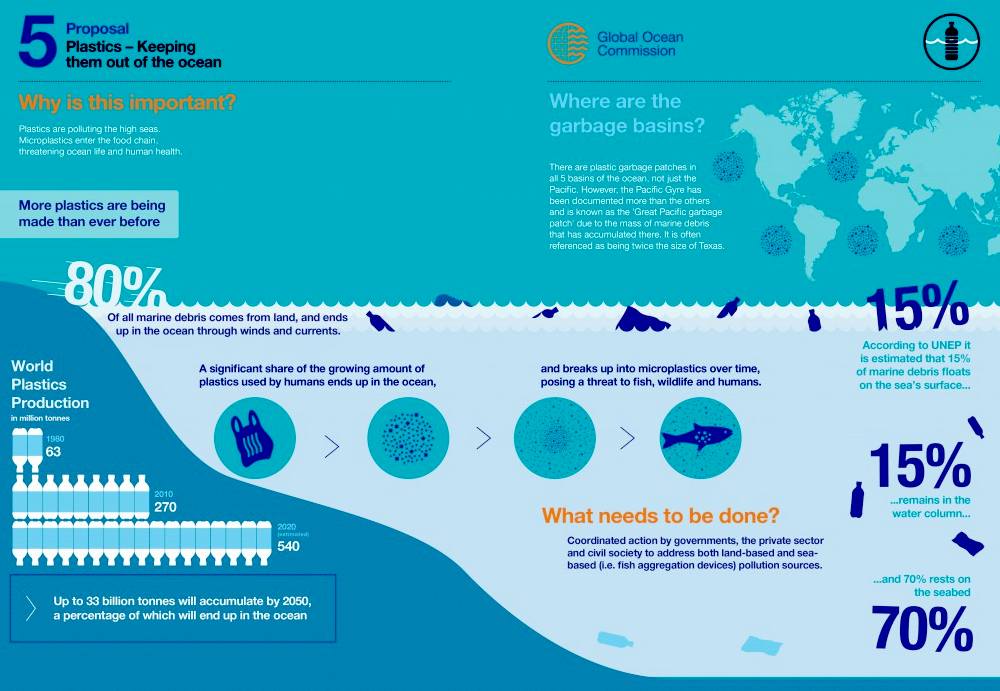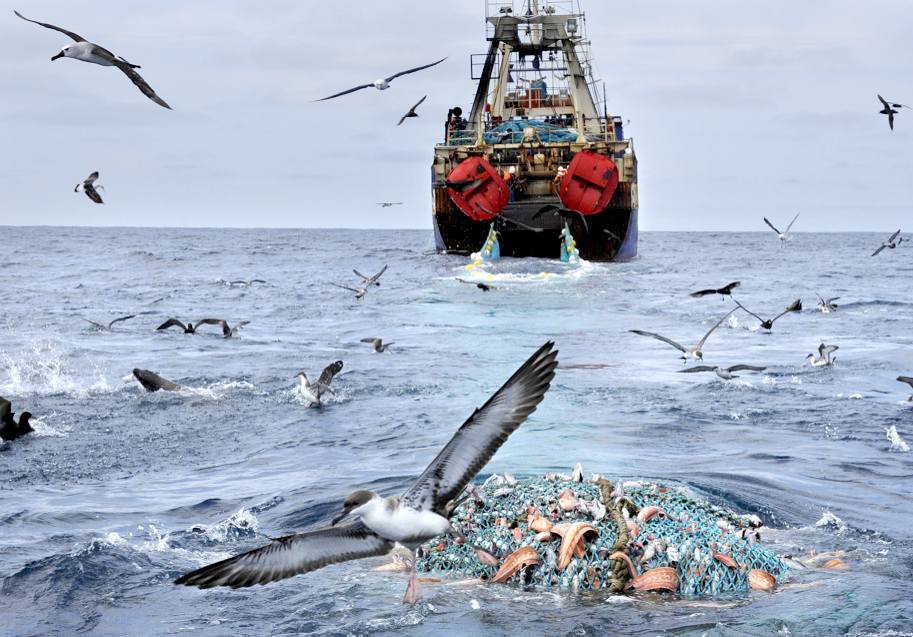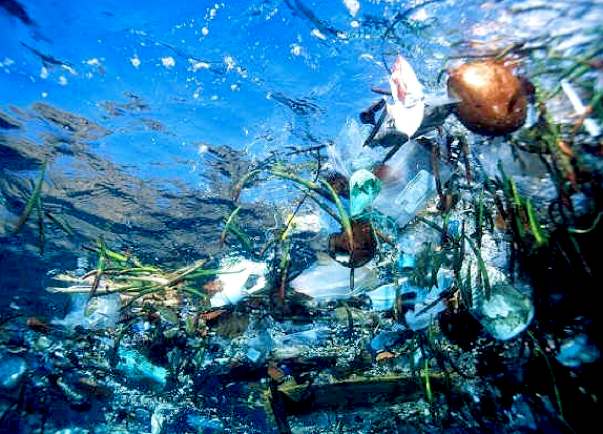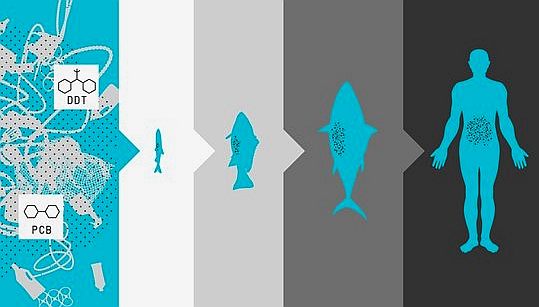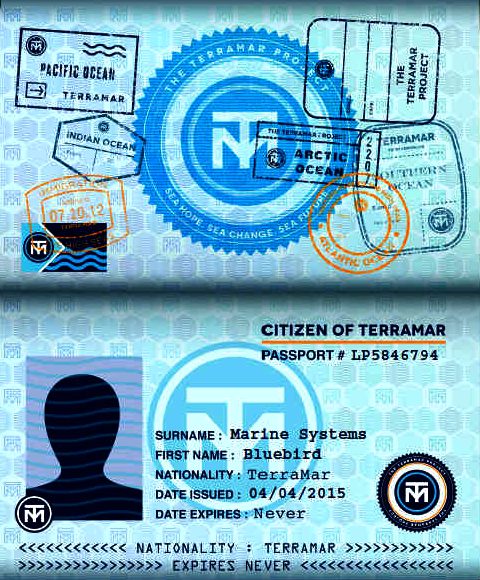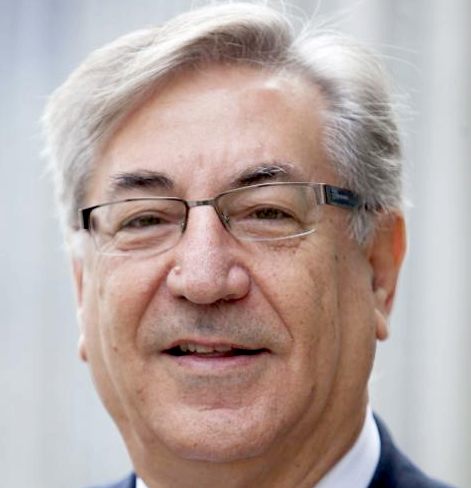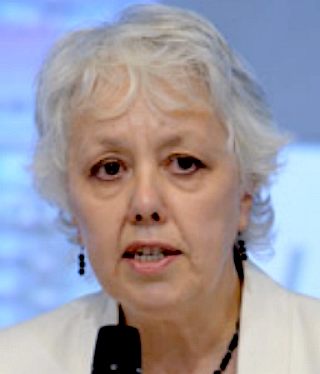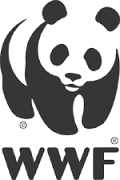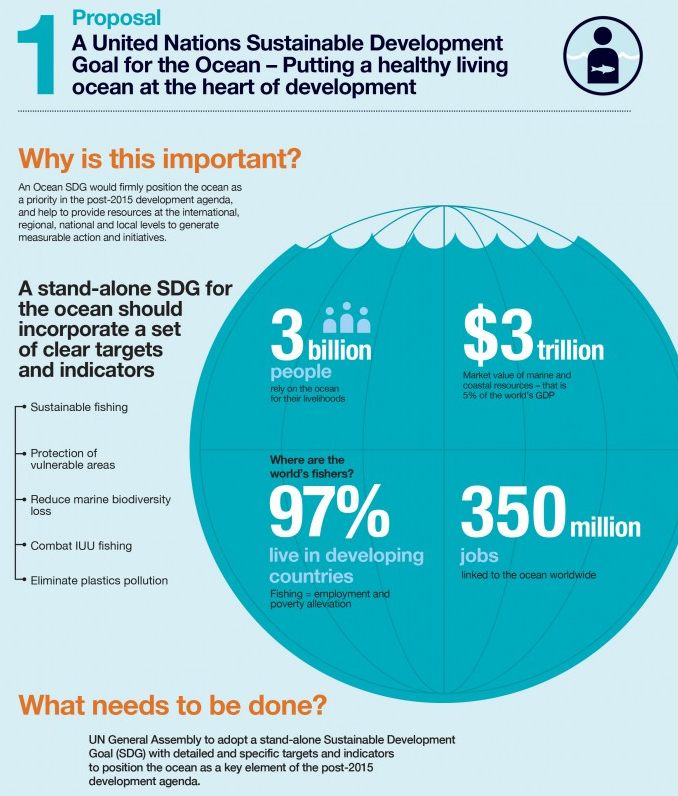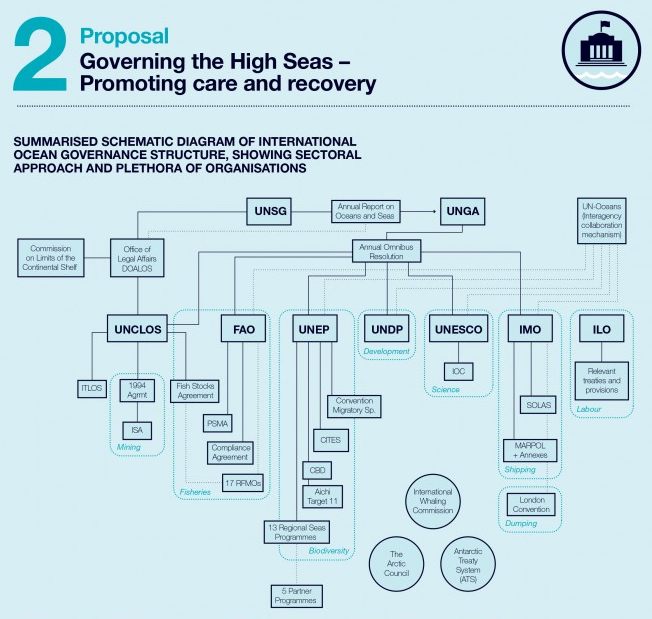|
UNEP - UNITED NATIONS ENVIRONMENT PROGRAMME
|
|||
|
ECOLOGICAL EMERGENCY - previously pristine sandy white beaches, are now strewn with sargassum, for Sargasso Sea blooms caused by climate change. This has been getting worse since 2014, but so far there is no action plan to deal with the crisis. Some countries have declared a state of emergency. Including Joe Biden, with the US Virgin Islands. The Governor of Quintana Roo, has also called time. But this looks to be something that will not go away - as world leaders continue to strive fro growth, instead of stability - and persist in the burning of fossil fuels, instead of renewables.
We need fish for food that are toxin free. To ensure fish stocks we need to eliminate plastic waste from the food chain before we poison ourselves.
JUNE
2014 - PRINCE ALBERT II OF MONACO CALLS FOR OCEAN GOVERNANCE Nairobi, 26 June 2014 - With the fate of the Earth's marine environment hanging in the balance and human-induced challenges accelerating, ocean champions from around the globe - including His Serene Highness Prince Albert II of Monaco and the former Heads of State, Ministers and business leaders of the Global Ocean Commission - have joined forces in a clarion call for comprehensive and integrated ocean governance.
An estimated 350 million jobs around the world are linked to the oceans, and as much as 40 per cent of the world's population lives within 100 kilometers of the shoreline. Nevertheless, human impacts have destroyed an estimated 20 per cent of mangroves and 30 per cent of seagrass beds, and threaten 60 per cent of the world's coral reefs - a major source of income for some 850 million people.
UN NEWS CENTRE
- 7 November 2012 – United Nations Secretary-General Ban Ki-moon warmly congratulated
President Barack Obama on his re-election as President of the United States, a spokesperson for the world body's head said overnight.
Land-based human activities have also resulted in more than 500 oxygen-poor 'dead zones', which cover an estimated 245,000 square kilometers of coastal zones.
Greenhouse gas emissions are raising sea-levels and threatening the very existence of some island states.
HRH the Prince of Wales speaking at a Global Ocean Commission event in Washington DC in March of 2015. The future King of England has consistently kept a weather eye open to help safeguard the marine environment.
Nearly 150 countries across seven continents participate in the Regional Seas Conventions and Action Plans.
Marine life needs to be protected against ocean pollution. Ocean pollution includes plastic, nets and oil spills. Technology with the potential to alleviate such issues should be accelerated as a high priority.
One of the main issues addressed by the Commission's report is that of Illegal, Unregulated and Unreported (IUU) fishing, which is widely understood to have significant ecological, economic and social impacts. IUU fishing is also linked to human rights and labour violations when illegal vessels facilitate trafficking of people, drugs and weapons.
ABOUT THE UNITED NATIONS ENVIRONMENT ASSEMBLY (UNEA)
UNEA is the highest-level UN body ever convened on the environment. It enjoys universal membership of all 193 UN member states as well as other stakeholder groups. With this wide reach into the legislative, financial and development arenas, the new body presents a ground-breaking platform for leadership on global environmental policy. UNEA boasts over 1200 participants, 170 national delegations, 80 ministers and 40 events during the five-day event from 23 to 27 June 2014 at UNEP's HQ in Nairobi, Kenya.
Additional Information - For more information, visit the website of the UNEP Regional Seas Programme: http://www.unep.org/oceans40
Global Ocean Commissioners at the 2013 launch. From left: David Miliband, Obiageli 'Oby' Ezekwesili, Jose Maria Figueres
The Commission will publish its final recommendations in early 2014, shortly before the United Nations General Assembly begins discussions on protecting high seas biodiversity. The Commission’s report will consist of proposals improve the system of governance, thus ending high seas overfishing, stopping the loss of habitat and biodiversity, and improving monitoring and compliance.
BRIEFING - IMO WELCOME GLOBAL OCEAN COMMISSION REPORT - AUGUST 2014
International Maritime Organization (IMO) Secretary-General Koji Sekimizu has welcomed the recently-published report of the Global Ocean Commission (GOC), From Decline to Recovery: A Rescue Package for the Global Ocean, and its call for enhanced action at all levels to mitigate the threats to the global oceans described in the report.
In a letter to the co-chairs of the Global Ocean Commission (Mr. José María Figueres, Mr. Trevor Manuel and Mr. David Miliband), Mr. Sekimizu noted that, as the United Nations specialized agency dedicated to sustainable uses of the world’s oceans through safe, secure, clean ships, IMO plays a key role in advancing the critically important agenda carried forward in the report and has adopted key treaties addressing several of the outlined threats.
Mr. Sekimizu highlighted IMO’s active role in addressing many of the issues raised in the GOC report, noting also that IMO is working actively through several existing coordination mechanisms – such as UN Oceans, the Global Partnership for Oceans, and the Group of Experts on the Scientific Aspects of Marine Environmental Protection (GESAMP) – to ensure that joint efforts are maximized and duplication reduced.
“In my view, thoughtful development of ocean regulations, coupled with early entry into force, effective implementation, stringent compliance oversight and vigorous enforcement of international standards are the best ways to protect and sustain the precious marine environment and its resources. Through the application of these principles, for example, the average number of large
oil spills (>700 tonnes) during the 2000s was just an eighth of that during the 1970s. This dramatic reduction has been due to the combined efforts of IMO, through its Member Governments and the oil/shipping industries to improve safety and
pollution prevention,” Mr. Sekimizu said.
In other examples of IMO’s commitment and ongoing work to address the challenges outlined in the GOC report, Mr. Sekimizu referred to IMO’s work to support sustainable development, including pollution reduction through implementation of the MARPOL Convention and IMO’s other multilateral environmental agreements, in tandem with capacity-building efforts.
With regard to sustainable use of the oceans, particularly fishing, Mr. Sekimizu referred to IMO’s work with the Food and Agriculture Organization (FAO) to address illegal, unreported and unregulated (IUU) fishing, as well as the IMO Cape Town agreement of 2012, aimed at addressing fishing vessel safety.
Regarding the need to strengthen the governance of the high seas through promoting care and recovery, Mr. Sekimizu pointed to IMO’s lead role in the development of ecosystem-based management tools applicable to all marine areas and the designation to date of fourteen Particularly Sensitive Sea Areas, and the adoption of various special areas under MARPOL addressing operational discharges from shipping. Furthermore, IMO has established multiple traffic separation schemes and other ship routeing systems in major congested shipping areas in the world.
IMO Secretary General: Koji Sekimizu
With respect to the report’s Proposal 5 (Plastics – Keeping them out of the Ocean), Annex V of IMO’s
MARPOL treaty prohibits the discharge of plastics from ships. The key issue is effective implementation, Mr. Sekimizu noted.
PROPOSAL 5 - KEEPING PLASTICS OUT OF THE OCEAN
Plastics are a major source of pollution on the high seas and a health threat to humans and the environment. This reflects poor handling and waste management practices on land and requires a combination of political and regulatory action supported by an increase in consumer awareness.
Fishing is an essential activity for sustainable food supply. Over-fishing costs the global economy around $50 billion dollars a year.
Tons of plastic floating in our oceans is a serious problem we face on this globe, considered to be one of most serious threats to our oceans. 90% of all trash floating on the ocean’s surface is in the form of plastic materials, with 46,000 pieces of plastic per square mile. Plastic does not biodegrade, it photo-degrades with sunlight, breaking down into smaller and smaller pieces. These plastic pieces are eaten by marine life and eventually works it way up the food chain - as per the diagram below.
Plastic is also swept away by ocean currents, landing in swirling vortexes called ocean gyres. The North Pacific Gyre off the coast of California is home to the Great Pacific Garbage Patch, the largest ocean garbage site in the world. The floating mass of plastic is twice the size of Texas. These floating garbage sites are impossible to fully clean up. Over 100,000 marine mammals and one million seabirds die each year from ingesting or becoming entangled in plastic. Plastic poses a significant threat to the health of sea creatures, both big and small. It takes 500-1000 years for plastic to degrade, threatening both human and ocean health.
TERRAMAR FOUNDERS - “45% of our planet is abused, overlooked & not preserved for future generations,” “Just because the high seas are out of sight does not mean they should be out of mind. The TerraMar Project’s number one goal is to change attitudes and governance as it relates to the world’s largest ecosystem.”
The group is now offering passports - complete with unique numbers and a soon to come physical badge - for people to become citizens of the high seas, along with the chance to be “ambassador” for an underwater marine species of your choice. See the BMS passport above. Composed of a mix of NGOs, members of the High Seas Alliance and Save The High Seas, and experts in ocean policy, marine science, and law, the TerraMar network aims to tackle issues plaguing all of our oceans today, not just the high seas, including deep seabed mining, noise pollution, over-fishing, oil spills, and plastic pollution in the ever-growing Great Pacific Garbage Patch.
EUROPEAN COMMISSIONER FOR ENVIRONMENT, FISHERIES & MARITIME AFFAIRS
Global Ocean Commission co-Chairs David Miliband, Trevor Manuel and José María Figueres wrote to new European Commissioner for Environment, Fisheries and Maritime Affairs, Karmenu Vella, to express support for the EU’s pioneering regulation on illegal, unreported and unregulated (IUU) fishing and to seek a meeting for further exploration and discussion.
The Commission’s specific proposal on ending IUU fishing can be found in its 2014 report, From Decline to Recovery: A Rescue Package for the Global Ocean.
IUU fishing has a devastating impact on marine environments, livelihoods, food security and illegal fishers. The Global Ocean Commission believes that the EU IUU Regulation has tremendous potential for stopping the trade of illegal fish products into the world’s largest seafood market – the EU – and, as a result, contributing to discouraging and eliminating IUU fishing practices around the globe.
The Directorate-General for Maritime Affairs and Fisheries (also known in short as DG MARE) is the Commission department responsible for the implementation of the Common Fisheries policy and of the Integrated Maritime Policy. With a staff of about 400, led by Director-General Lowri Evans (right) and based in Brussels, DG MARE is made up of 6 Directorates dealing with all aspects of both policies, including among others conservation, control, market measures, structural actions and international relations relating to fisheries. DG MARE reports to Karmenu Vella (left), Commissioner for Environment, Maritime Affairs and Fisheries. Lowri Evans has been Director-General in DG Maritime Affairs and Fisheries since 2010. Prior to that she has worked in several policy areas in the European Commission notably Competition and Employment. She started her professional career in audit and accountancy with Deloitte.
Stopping illegal products from entering the EU allows for the creation of a level playing field for EU fishermen who operate in a legal, transparent and fair way and provides a safety net for protecting the supply chains of European processors and retailers.
The Regulation is also a showcase at the international level, demonstrating the influence one key market state can have as it encourages on-the-ground improvements in fisheries governance, monitoring control and surveillance in flag, coastal and port states, and eradicating some of the key IUU fishing hotspots globally.
As a direct outcome of the EU’s IUU yellow-carding (warning) and red-carding (trade restrictions) process, at least four countries – namely Fiji, Panama, Togo, and Vanuatu – have entirely reformed their fisheries policies and laws, introduced more sophisticated and effective vessel monitoring systems, and brought in sanctions for their nationals and vessels involved in IUU fishing. A large number of pre-identified countries have stressed the importance of cooperation and collaboration with the EU in this process, acknowledging its significant role in the global effort to deter IUU fishing.
ABOUT THE COMMISSIONER FOR MARITIME AFFAIRS AND FISHERIES
The Commissioner for Maritime affairs and Fisheries is a member of the European Commission. The portfolio includes policies such as the Common Fisheries Policy, which is largely a competence of the European Union rather than the members. The Union has 66,000 km of coastline and the largest Exclusive Economic Zone in the world, covering 25 million km². They also participate in meetings of the Agriculture and Fisheries Council (Agrifish) configuration of the Council of the European Union.
Their governance is thus a model for the world and should send a signal to
other fishing nations as to important issues and remedies. Actions speak
louder than words.
CONTACTS
European Commission
LINKS
Telegraph US-royal-tour-Prince-of-Wales-makes-plea-for-cleaner-oceans Prince-of-Wales-speech-hrh-the-prince-of-wales-event-titled-plastic-the-marine-environment-scaling Daily Mail Charles-horrified-toll-plastic-dumped-sea-Prince-Wales-plea-solve-issue-sake-future-generations The Guardian environment 2015 March 19 Prince-charles-calls-for-end-to-dumping-of-plastic-in-worlds-oceans http://abcnews.go.com/US/wireStory/prince-charles-speaks-dangers-plastic-waste-oceans-29736519 Time environment-prince-charles-oceans National Geographic Prince Charles oceans trash plastic britain Wikipedia Global_Ocean_Commission ITV 2015-03-18 prince-charles-makes-impassioned-plea-for-oceans-clean-up The-terramar-project-become-a-citizen-and-protector-of-the-high-seas National Geographic news 2014 June Global-ocean-commission-report-high-seas-fishing-environment Virgin leadership and advocacy introducing global ocean commission The terramar project daily catch become a citizen and protector of the high seas Wikipedia European_Commissioner_for_Maritime_Affairs_and_Fisheries UNEP newscentre June 2014 Prince Albert II Monaco calls for ocean governance Global ocean forum 2012 ioc unesco-permanent-un-missions-seychelles-fiji-organize-high-level-rio20-negotiations http://www.unep.org/newscentre/Default.aspx?DocumentID=2791&ArticleID=10916&l=en http://en.wikipedia.org/wiki/European_Commissioner_for_Maritime_Affairs_and_Fisheries http://www.virgin.com/unite/leadership-and-advocacy/introducing-global-ocean-commission http://www.scienceifl.com/ocean-plastic-pollution.htm http://abcnews.go.com/US/wireStory/prince-charles-speaks-dangers-plastic-waste-oceans-29736519 http://www.globaloceancommission.org/ http://time.com/3750375/environment-prince-charles-oceans/ http://news.nationalgeographic.com/2015/03/150318-prince-charles-oceans-trash-plastic-britain/ http://en.wikipedia.org/wiki/Global_Ocean_Commission http://www.itv.com/news/2015-03-18/prince-charles-makes-impassioned-plea-for-oceans-clean-up/
ACID OCEANS - ARCTIC - ATLANTIC - BALTIC - BERING - BLACK - CARIBBEAN - CORAL - EAST CHINA - ENGLISH CH GULF MEXICO - INDIAN - MEDITERRANEAN - NORTH SEA - PACIFIC - PERSIAN GULF - SEA JAPAN - STH CHINA PLANKTON
- PLASTIC
- PLASTIC
OCEANS - UNEP
|
|||
|
This website is Copyright © 2022 Bluebird Marine Systems Ltd. The names Bluebird™, Bluefish™, Miss Ocean™, SeaNet™, SeaVax™ and the blue bird and fish in flight logos are trademarks. CONTACTS The color blue is a protected feature of the trademarks.
|
